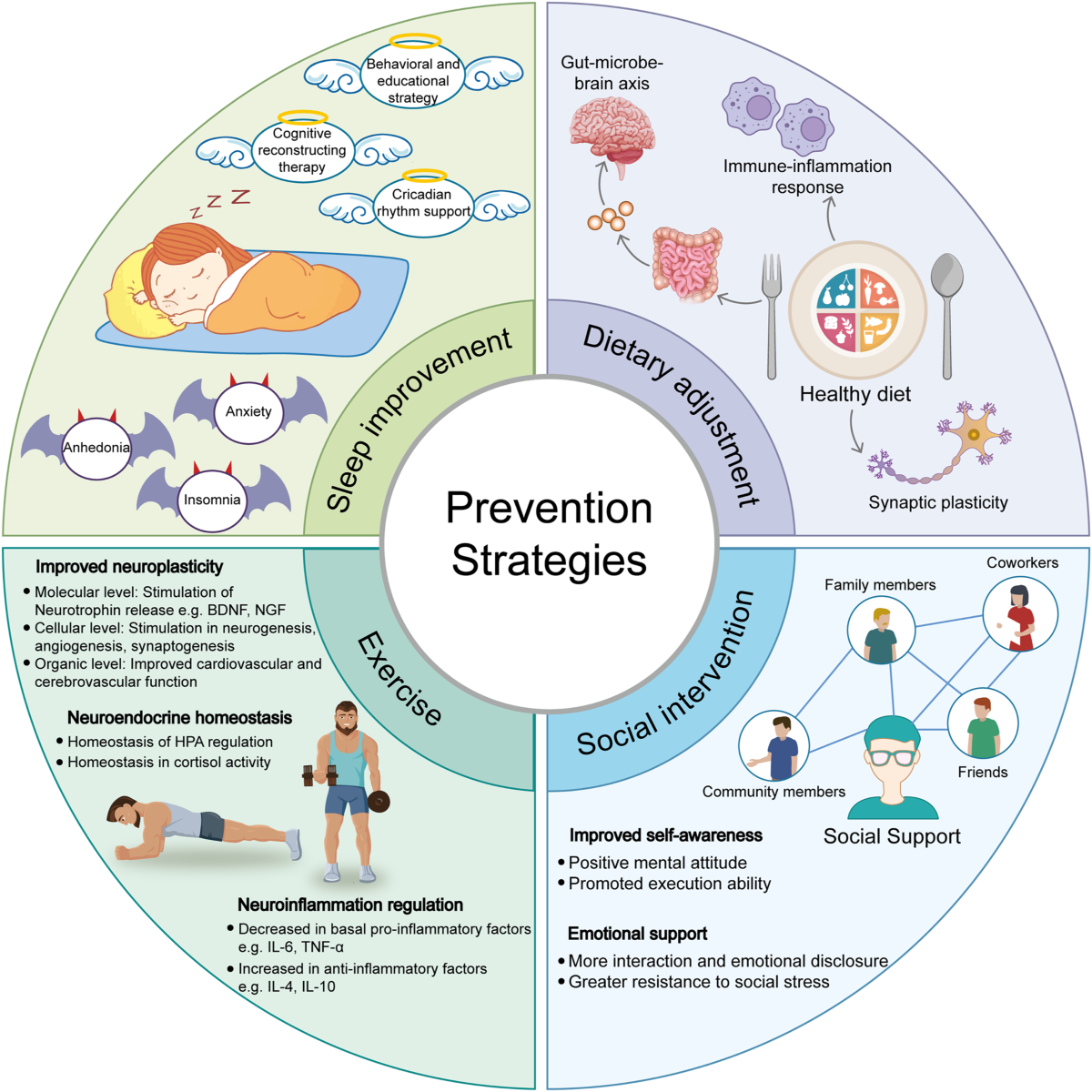Consult a healthcare professional. They can accurately diagnose your condition and recommend appropriate treatment options, including medication, therapy, or a combination of both.
Explore therapy options. Cognitive Behavioral Therapy (CBT) and other evidence-based therapies have proven highly successful in managing depression and anxiety symptoms. Find a licensed therapist specializing in these methods.
Consider lifestyle changes. Regular exercise, a balanced diet, sufficient sleep, and mindfulness practices like meditation or yoga significantly impact mental well-being. Aim for 30 minutes of moderate-intensity exercise most days of the week.
Join a support group. Connecting with others facing similar challenges provides valuable emotional support and a sense of community. Many online and in-person support groups exist for individuals with depression and anxiety.
Explore natural supplements. Some supplements, like St. John’s Wort or omega-3 fatty acids, may offer benefits for mood, but always discuss these with your doctor before use due to potential interactions with other medications.
Prioritize stress management techniques. Identify your stress triggers and develop coping mechanisms, such as deep breathing exercises, progressive muscle relaxation, or spending time in nature.
Maintain open communication. Talk to trusted friends, family, or a mental health professional about your feelings. Sharing your experiences can ease the burden and provide much-needed support.
Remember, seeking help is a sign of strength. Finding the right treatment approach takes time and patience. Be persistent, and don’t hesitate to adjust your strategies as needed.



